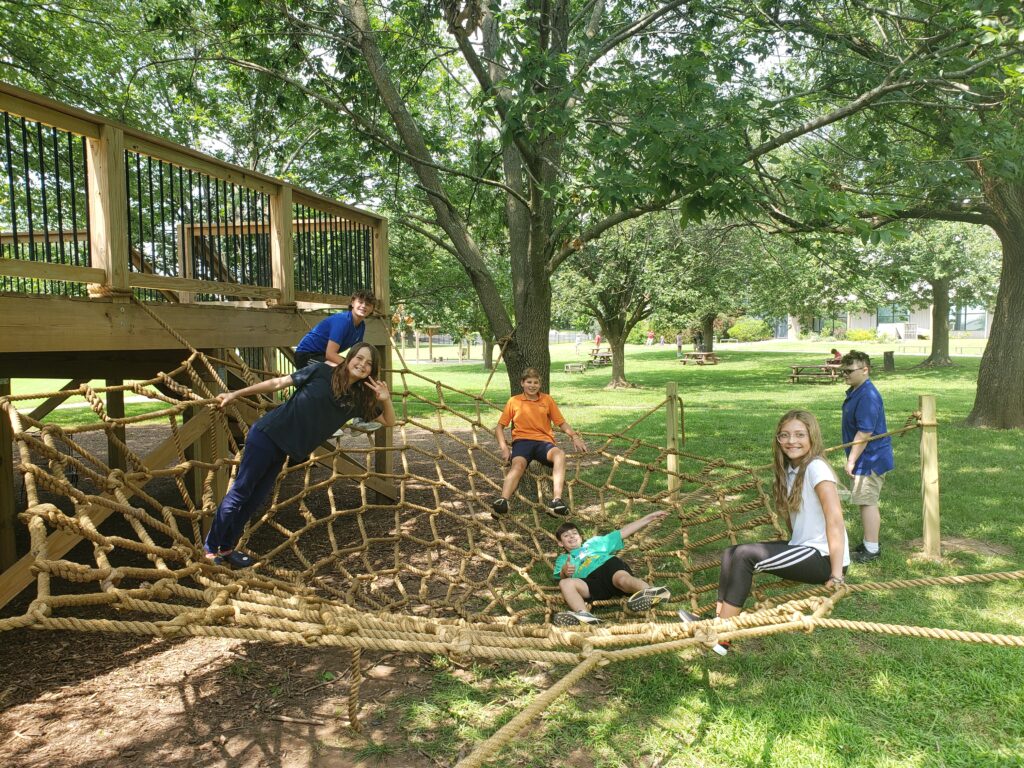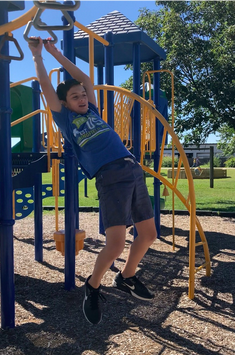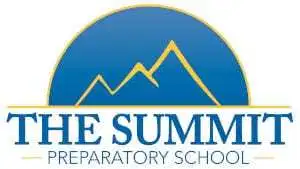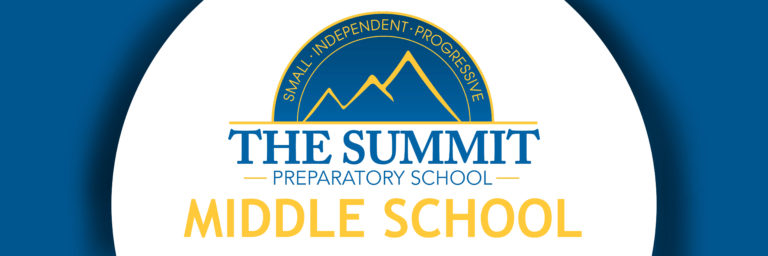As we anticipate Global Day of Play on February 7th, check out this awesome article from LetGrow about the power of risky play (play that isn’t directed/controlled by adults). According to developmental psychologist Mariana Brussoni, “Play is a basic childhood need. Through play, children learn societal roles, norms and values and develop physical and cognitive skills, creativity, self-worth, independence and competency.”
At The Summit, students and teachers know the benefit of free play, especially during our hour-long block for lunch and recess. The research supports students getting outside and moving their bodies throughout the school day. “Above all, outdoor play – with the risks that come with it – can bring many developmental benefits for children. For example, outdoor risky play, such as independent exploration, rough-and-tumble play, climbing, chasing, building, and so on, can promote children’s social and physical development, emotional well-being, self-confidence, risk management and physical activity.” (Play Outside Lab) The Big Backyard provides us with the perfect space to practice many of the things mentioned above.




